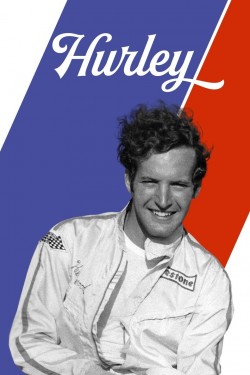
Hurley
In the tumultuous world of auto racing in the 1970s, Hurley Haywood was the epitome of composure. Haywood was a breathtakingly gorgeous man raised up by a good Midwestern family. He was also a five-time winner of the 24 Hours of Daytona race, as well as a three-time winner of the Le Mans race. Haywood was the champion of the Trans-Am series. However, Haywood was sometimes overshadowed by his racing partner and turbulent mentor, Peter Gregg, who was known as the "Batman" to Haywood's "Robin." Gregg's unexpected death in 1980 rocked the foundation of the sport. But Haywood kept other things to himself as well. In spite of the fact that he had several interactions with women, some of which involved public appearances alongside Penthouse models, he remained mysterious regarding his private life. Hurley reveals a greater insight into Haywood's tightrope walk between his career and his sexuality by deftly utilizing archival footage and conducting exclusive interviews featuring actor and fellow racer Patrick Dempsey. At the same time, Hurley poses the question of whether or not motorsport will ever be ready for openly LGBT racers.
Read full

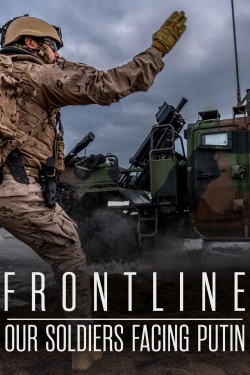
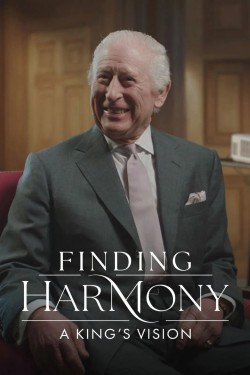
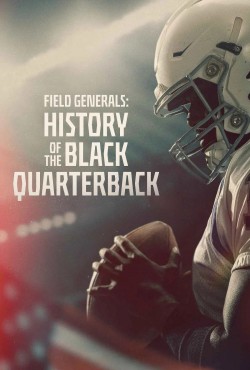
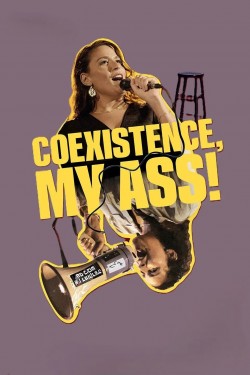
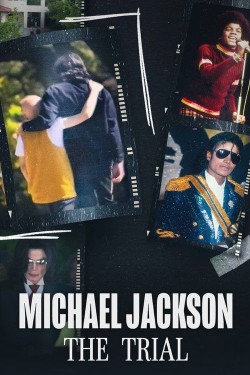
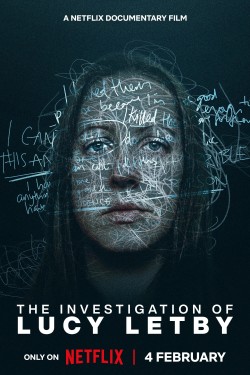


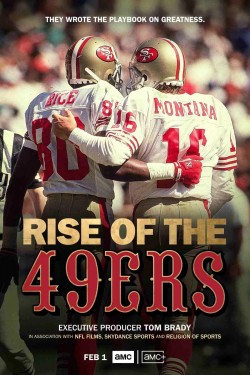
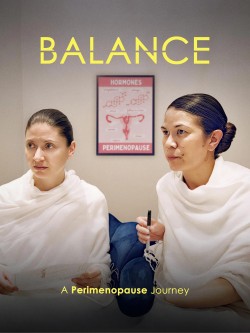
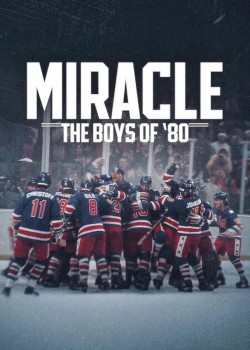

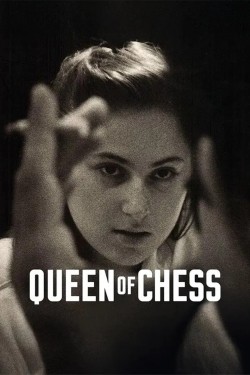
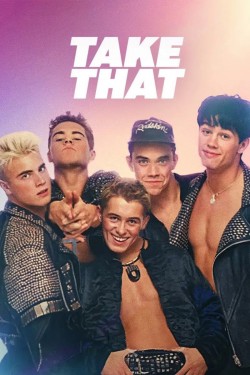

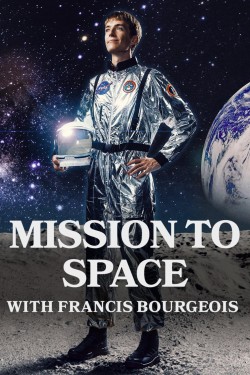
Discussion